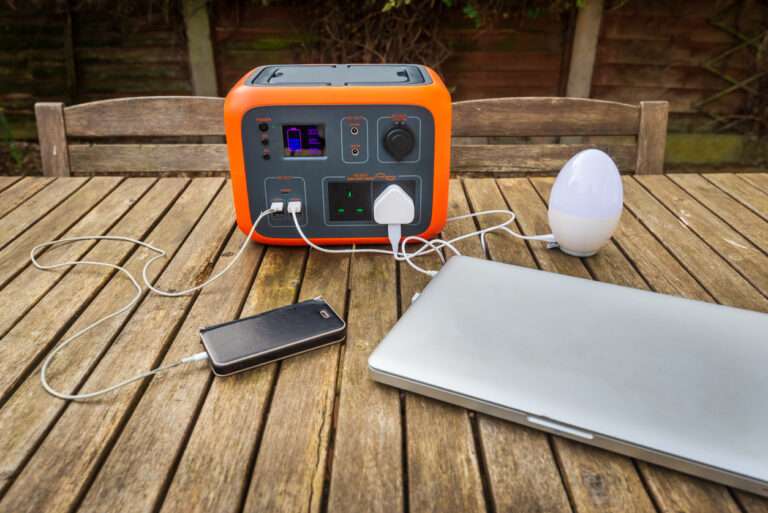As many in the type 1 diabetes community can attest, it can be difficult at first to understand the purpose of screening or the subsequent tests before and following a type 1 diabetes diagnosis, and what the results can mean for you or a loved one.
To help alleviate any uncertainties around which screening or test to take (and why), it’s time to bring it back to basics. Below are the “ABCs” of some of the screenings and tests (e.g., Autoantibody Screening, Blood Glucose Test, and A1C Test) that are currently available for type 1 diabetes, with the goal of empowering people of all ages with the tools and information necessary to advocate for their health when they are speaking to their doctor. It’s important to note that while a blood glucose test and an A1C test are crucial to the diagnosis, monitoring, and management of type 1 diabetes, an autoantibody test is the only test that can confirm your risk of developing the disease.

Autoantibody Screening
Autoantibody screening is a blood test that can detect whether someone is at risk for developing type 1 diabetes. The blood test looks for type 1 diabetes-related autoantibodies, which are proteins that appear in the blood in the early stages of the disease before there are noticeable symptoms, which tend to occur when type 1 diabetes has already progressed to a later stage after weeks, months, or even years.
When it comes to detecting type 1 diabetes early, knowledge is power. By the time someone is in the later stage of disease, complications of untreated type 1 diabetes can lead to an emergency room visit and hospital stay, as they did for Cochran, and lifelong insulin dependence begins – which brings up the “B” of the ABCs.
Blood Glucose Test
A blood glucose test not only confirms a type 1 diabetes diagnosis, but also helps people living with type 1 diabetes regularly monitor their disease. Doing so is important, as it gives a person insights into whether their blood glucose or sugar levels are within a normal range. Many factors can impact blood glucose levels, such as food, activity level, stress, illness, and certain medications and dehydration.
Indeed, finding the right care team is incredibly important for people living with type 1 diabetes. For instance, an endocrinologist, a specialist who cares for people with diabetes, can work with someone living with type 1 diabetes and help them maintain normal blood glucose levels. Not only that, but they can also measure how someone is managing their disease over time, leading to the “C.”
A1C Test
An A1C test, which is also referred to as an “estimated average glucose,” can be used to show average blood sugar levels over two to three months. For people with type 1 diabetes, an A1C test can provide an overview of blood glucose management over a set period of time and help them, along with their endocrinologist, understand if any adjustments need to be made in the way they are managing their disease.
ABC Recap
It’s important to understand the role of screening before a type 1 diabetes diagnosis and the tests that are used following a diagnosis to monitor the disease and guide appropriate management. You can learn more about how to get screened early for type 1 diabetes and what to expect after screening by talking to your doctor, enrolling in a research option, or scheduling a telehealth visit.
By: Brandpoint (Edited by d-mars.com)








